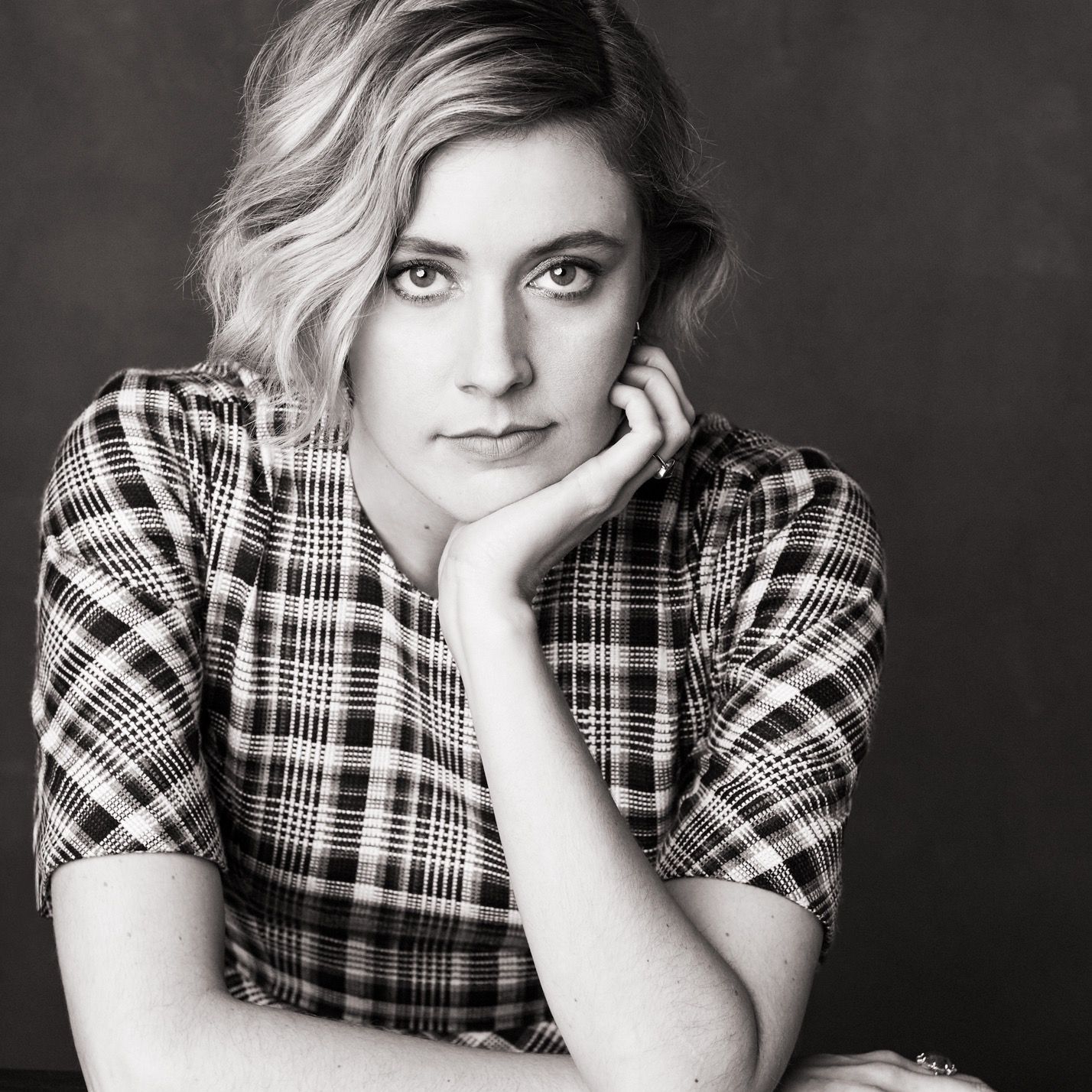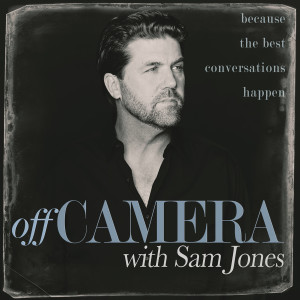
In “No Method to Her Madness,” a review of the Noah Baumbach film Greenberg that could’ve also been titled “Ode to Greta Gerwig,” A.O. Scott wrote that the actress, “most likely without intending to be anything of the kind, may well be the definitive screen actress of her generation.” He goes on (at length) to praise her performance, or lack thereof. “She comes across as pretty, smart, hesitant, insecure, confused, determined — all at once or in no particular order. Which is to say that she is bracingly, winningly and sometimes gratingly real.” He’s still talking about Greenberg, but the same could be said of her work in films like Frances Ha, Mistress America and Maggie’s Plan.
Ben Brantley, Scott’s colleague over in the theater department, seemed equally smitten with her stage debut as Becky in The Village Bike: “She registers as guileless because we can detect every confused emotion that crosses her face... She reads as so transparent that her feelings come to seem like our own. There’s no barrier of glossy, movie star charm between her and us.”
If you don’t see many mainstream titles on her IMDb page, it may be because studios serve up most of their features with a generous dollop of gloss. It could also be because Gerwig knows what material suits her. And she should – she’s co-written and co-directed a lot of it, mostly with indie filmmakers like Baumbach and Joe Swanberg. Though these are no doubt some of her most acclaimed performances, even in her occasional mainstream forays (2011’s Arthur and No Strings Attached) she’s often singled out as the only part of the movie worth watching. Taken as a whole, the applause seems to boil down to this: It’s very hard to catch her acting. As a performer, she is unselfconscious in a way that lets us look through her and see ourselves, and she’s not pulling any punches in the reflection.
She’s a natural if there ever was one, but for a long time the question seemed to be, a natural what? A fervent aspiring ballerina, fencer, trumpeter, aerobics instructor (that was all before graduating high school), Gerwig embraced her interests with both arms and all her passion. In college she intended to become a playwright (or maybe study musical theater) before meeting Swanberg, who cast her in 2006’s LOL. For a while she worried about not feeling the same singular purpose or calling as some of her peers; there was also a period when she worried a move from mumblecore to mainstream might never happen. But now that hopping genres, creative capacities and even distribution platforms is becoming the industry’s new normal, it seems like a very good time to be someone who can be almost anyone – on either side of the camera.
This month, she’s in front of it in 20th Century Women along with Annette Bening and Billy Crudup. In 2017, she’ll step behind it with Lady Bird, which stars Saoirse Ronan and marks Gerwig’s first solo directing effort. She’s also working on the script for a film adaptation of Little Women – and we can’t think of a better (or more interesting) woman for the job.
For some artists, picking a lane seems not only unnecessary, but foolish, especially for an artist who’s all-in, all the time. “You could always not invest, but where’s the fun in that?” she told The Guardian earlier this year. “It’s like when people say, ‘I don’t really care about Christmas, it’s just a day.’ Of course it’s just a day, but this is all we’ve got! We go around one time… Let’s invest. It’s not always logical to do so, but what else are you gonna do with your life?”
view more
More Episodes
Ep 51. Tim Robbins
 2020-08-06
2020-08-06
 2020-08-06
2020-08-06
Ep 65. Kathryn Hahn
 2020-07-30
2020-07-30
 2020-07-30
2020-07-30
Ep 64. Keagan-Michael Key
 2020-07-16
2020-07-16
 2020-07-16
2020-07-16
Ep 95. Hank Azaria
 2020-07-09
2020-07-09
 2020-07-09
2020-07-09
Ep 137. Andie MacDowell
 2020-07-02
2020-07-02
 2020-07-02
2020-07-02
Ep 61. Glen Hansard
 2020-06-26
2020-06-26
 2020-06-26
2020-06-26
Ep 36. Dax Shepard
 2020-06-18
2020-06-18
 2020-06-18
2020-06-18
Ep 34. Rashida Jones
 2020-06-11
2020-06-11
 2020-06-11
2020-06-11
Ep 119. Chadwick Boseman
 2020-06-04
2020-06-04
 2020-06-04
2020-06-04
Ep 23. Jason Sudeikis
 2020-05-28
2020-05-28
 2020-05-28
2020-05-28
Ep 100. Ron Howard
 2020-05-21
2020-05-21
 2020-05-21
2020-05-21
Ep 162. Javier Bardem
 2020-05-14
2020-05-14
 2020-05-14
2020-05-14
Ep 82. Riz Ahmed
 2020-05-07
2020-05-07
 2020-05-07
2020-05-07
Ep 149. Sarah Paulson
 2020-04-30
2020-04-30
 2020-04-30
2020-04-30
Ep 67. Thomas Middleditch
 2020-04-23
2020-04-23
 2020-04-23
2020-04-23
Ep 81. Michael Shannon
 2020-04-16
2020-04-16
 2020-04-16
2020-04-16
Ep 108. Kumail Nanjiani
 2020-04-09
2020-04-09
 2020-04-09
2020-04-09
Ep 170. Carey Mulligan
 2020-04-02
2020-04-02
 2020-04-02
2020-04-02
Ep 42. Jack Black
 2020-03-26
2020-03-26
 2020-03-26
2020-03-26
01345678910111213141516171819
Create your
podcast in
minutes
- Full-featured podcast site
- Unlimited storage and bandwidth
- Comprehensive podcast stats
- Distribute to Apple Podcasts, Spotify, and more
- Make money with your podcast
It is Free
- Privacy Policy
- Cookie Policy
- Terms of Use
- Consent Preferences
- Copyright © 2015-2024 Podbean.com






